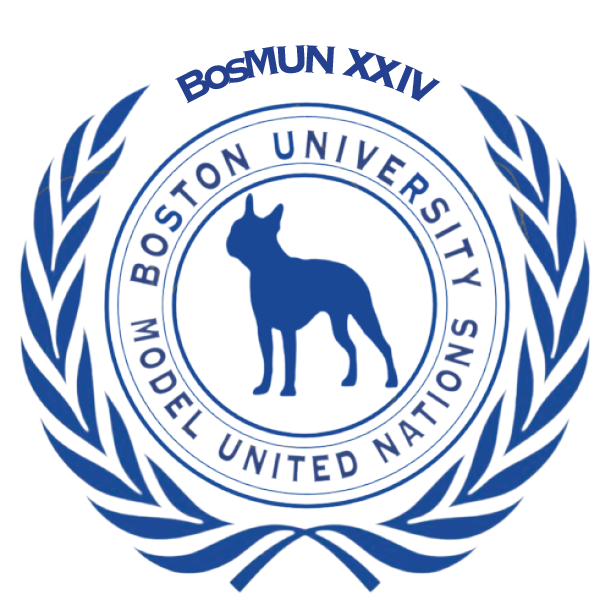Topics and Questions to Consider
Topic 1: The Decline of the Hanseatic League’s Influence in European Trade
Questions to Consider
How can the Hanseatic League adapt to the shifting trade routes and the growing dominance of Atlantic powers like England, the Netherlands, and Portugal while maintaining its relevance in the Baltic and North Seas?
What steps can the League take to restore cohesion among wealthier, independent cities like Danzig and smaller towns that rely heavily on collective action for survival?
Should the League pursue alliances with emerging powers or rival trade organizations to counteract its declining influence?
How can the Hanseatic League enforce compliance among member cities to ensure that collective decisions, such as trade embargoes or mutual defense agreements, are respected and implemented effectively?
What strategies should the League employ in renegotiating trade privileges with monarchs and foreign markets, such as England’s Steelyard, to preserve its economic foothold in key regions?
Should the League focus on maintaining its traditional trade network and practices, or should it radically restructure to embrace new trade opportunities in the Atlantic and beyond, potentially at the cost of its historical identity?
Topic 2: The Impact of Democratization and Modernization on Hanseatic Governance and Unity
Questions to Consider
How should the Hanseatic League adapt its decision-making processes to address growing demands for inclusivity and representation from guilds, merchants, and other emerging social groups?
What strategies can the League employ to counter act the centralizing ambitions of monarchies in Denmark, Sweden, and the Holy Roman Empire, which threaten the autonomy of its member cities?
Should the League embrace the democratizing ideas spread by the Reformation and the printing press, and if so, how can these ideas be implemented without compromising the League’s stability?
To what extent should the League collaborate with reformist movements or emerging powers to secure its position in an increasingly centralized and modernized Europe?
How can the League address internal divisions between conservative elites and reform-minded factions, ensuring that modernization efforts strengthen rather than fracture its cohesion?
What role should the Hanseatic League play in the changing socio-political landscape of Europe, and how can it redefine its identity to remain relevant in the face of democratization and modernization?


